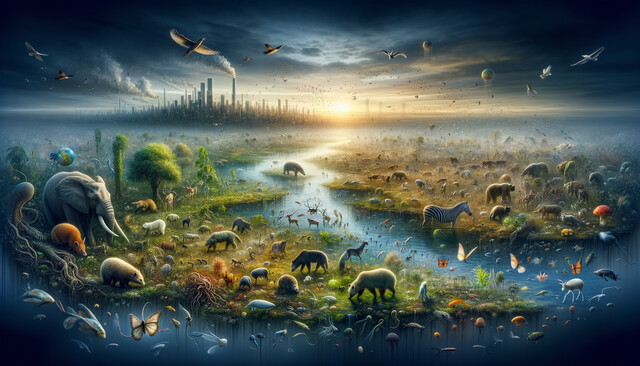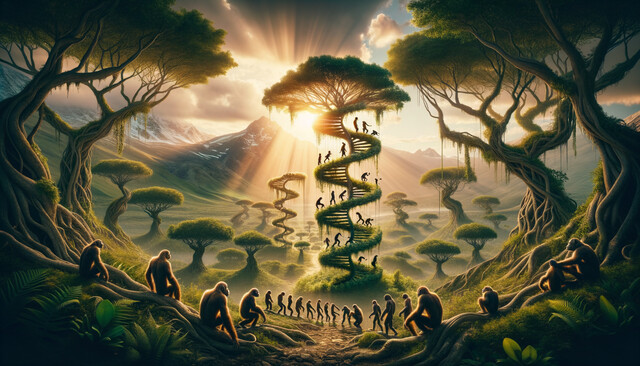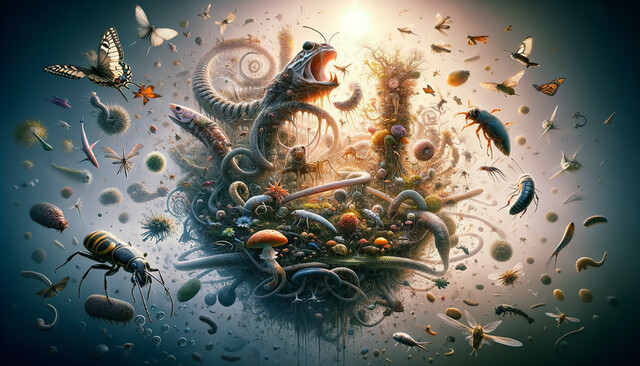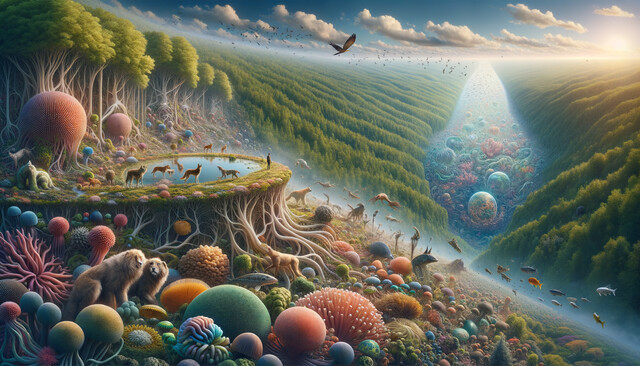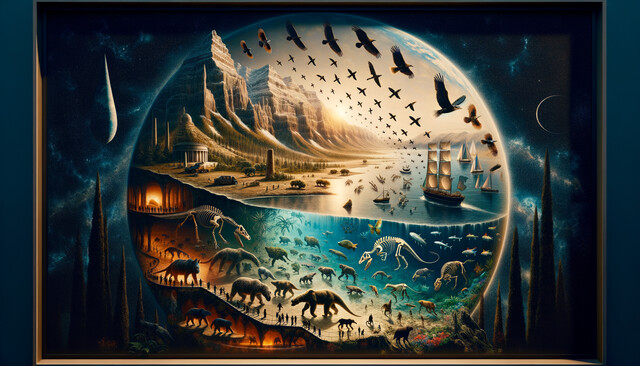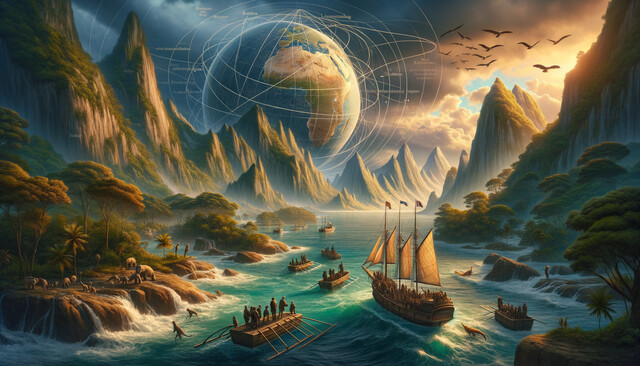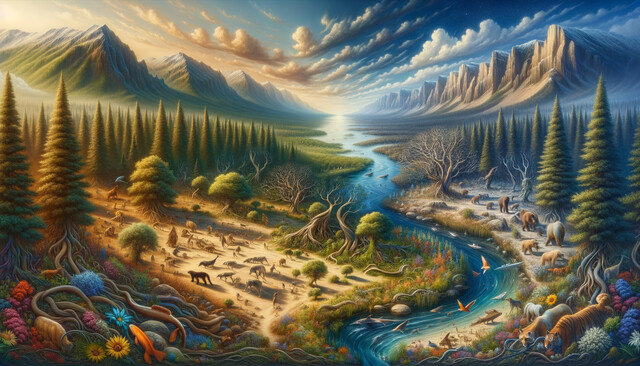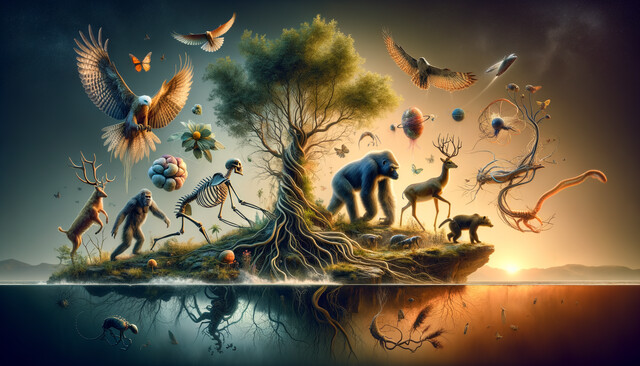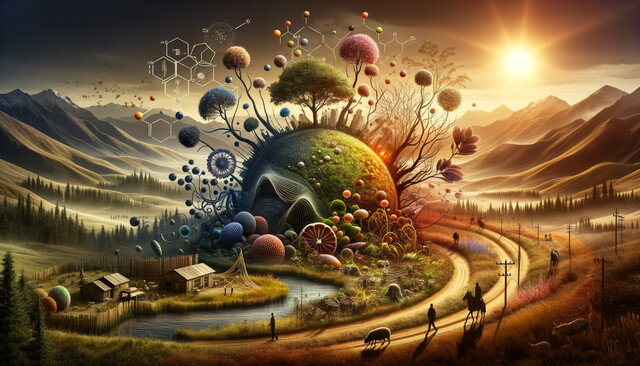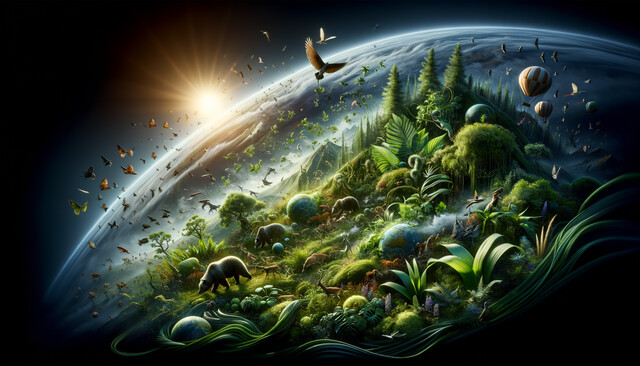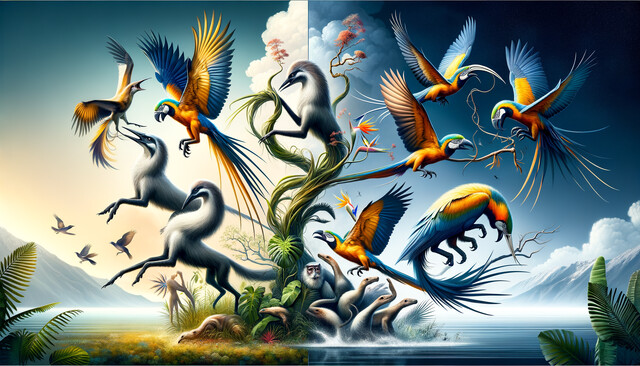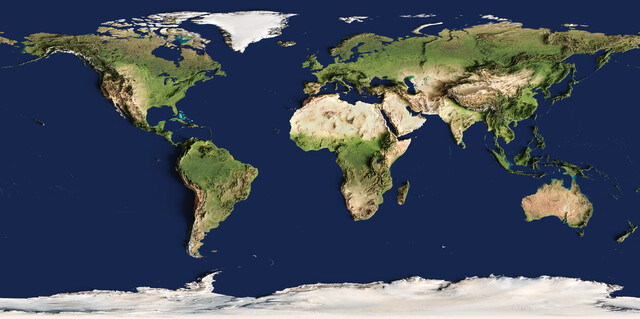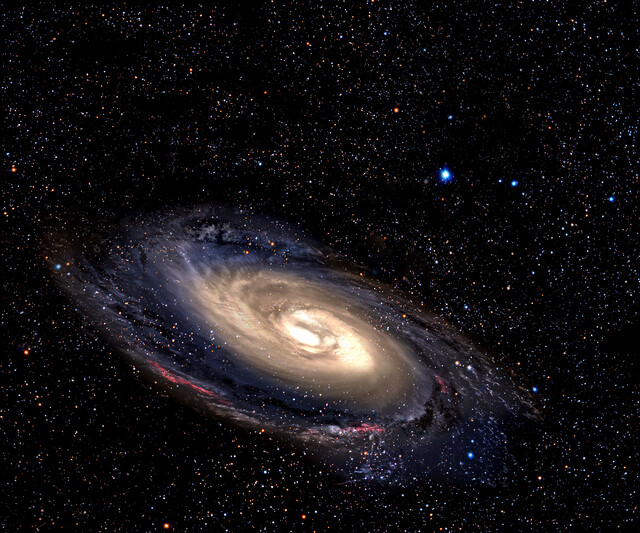The Power of Ecology: Shaping a Sustainable Future
Empower Change, Embrace Nature, Ensure Tomorrow

Embark on a transformative journey with "The Power of Ecology: Shaping a Sustainable Future." This is not merely a course; it is your gateway into the intricate and awe-inspiring world of ecology. Discover how every ecosystem, every species, and every natural process is part of a grand narrative that determines the future of our planet. Delve into the complex relationships and hidden patterns that sustain life, and emerge as a guardian ready to tackle environmental challenges with passion and insight. Whether you're an aspiring scientist or a committed environmentalist, this course is your call to action. Step into this story, transform your perspective, and become the catalyst for a sustainable future. Your journey to impact begins here.
14 Hours average completion time
1.4 CEUs
20 Lessons
28 Exams & Assignments
29 Discussions
19 Videos
21 Reference Files
Mobile Friendly
Last Updated March 2024
Have you ever wondered how life on Earth weaves together into an intricate, beautiful, yet fragile tapestry? Every living organism, every ecosystem, every natural process is part of a profound story-one that shapes not just our environment, but the very future of humanity. If you're ready to move beyond curiosity and become part of the solution to today's most pressing environmental challenges, this course is your gateway.
Our world is changing at an unprecedented pace. Ecosystems are under strain, biodiversity is in peril, and the balance that sustains life is shifting. But within these challenges lies an incredible opportunity-the chance to understand, protect, and even restore the delicate systems that make life on Earth possible. That's what ecology is all about: understanding the connections, deciphering the patterns, and taking action. This course will empower you with the knowledge and skills to make that difference.
Unlike traditional science courses, this isn't about memorizing facts or passively learning theories. It's about immersing yourself in the fascinating story of life on Earth. You'll delve into the dynamic relationships between species, explore how ecosystems function, and uncover the powerful forces that have shaped life over millions of years. From the smallest microbe to the largest mammal, every element has a role-and you'll learn how to uncover those connections and apply that understanding in meaningful ways.
But this course goes further. It's not just about gaining knowledge; it's about transforming how you see the world. You'll explore groundbreaking topics like evolutionary ecology, biogeography, and systems ecology, gaining insights into the processes that govern our planet. You'll discover how cutting-edge tools like Geographic Information Systems (GIS) are revolutionizing our ability to map and protect biodiversity. And you'll walk away with practical skills for managing natural resources, combating biodiversity loss, and driving sustainable solutions.
Whether you're an aspiring environmental scientist, a passionate advocate for sustainability, or simply someone who wants to make a real impact, this course is your springboard. It's designed to inspire, challenge, and equip you to think critically and act decisively in a world that needs knowledgeable, compassionate stewards now more than ever.
This is more than a class-it's a call to action. Are you ready to explore, understand, and safeguard the Earth's most precious systems? The time to act is now. Join us, and be the change our planet so urgently needs.
- Geographic Information Systems (GIS) proficiency
- Evolutionary ecology insights
- Practical ecological restoration skills
- Ecological systems analysis
- Sustainable resource management
- Population dynamics modeling
- Conservation biogeography skills
- Biodiversity preservation strategies
- Community interaction exploration
- Understanding species interdependence
Choose from plans starting at just $16/month (billed annually)
See Your Team Succeed
Empower your team instantly with an integrative group enrollment system. Purchase licenses in bulk with Group Discounts.

